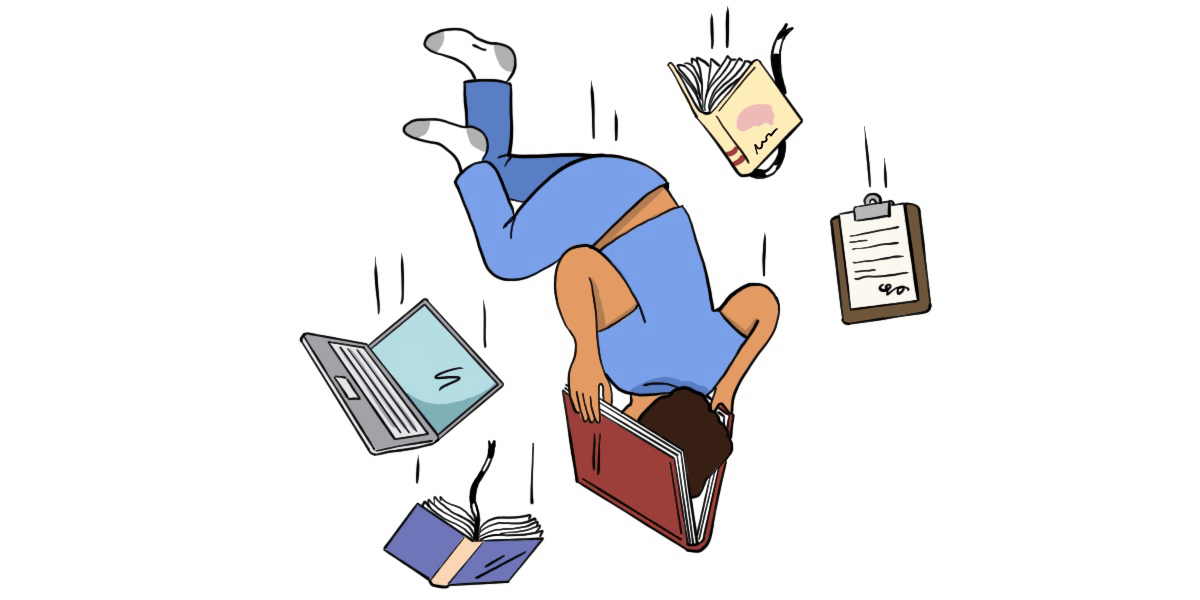10 Ways to Prevent or Reduce the Effects of Burnout in Medicine

Talk of burnout among medical professionals is everywhere these days: in medical blogs, in peer-reviewed journal articles, in CME courses, in online courses, and in the news. We can’t avoid hearing about the high rates of burnout, depression, and suicide.
I have experienced burnout twice in my career in medicine. The first time was in 2008, and the only solution I came up with was to stop practicing medicine altogether. If you haven’t heard of the Maslach Burnout Inventory, it is the most commonly used tool for assessing burnout. It measures three specific aspects: emotional exhaustion, depersonalization, and lack of a sense of personal accomplishment. I experienced all three of these to some degree.
If you’re a physician, you may first experience burnout during residency, which is a particularly difficult stretch. During those three years, there is little free time. You have so many new skills to learn, new responsibilities, and patients to care for while you prepare for the board exam and your future career. With so many hours spent at work, your personal life can suffer, and sleep often becomes your top priority.
Among the causes of such high rates of burnout are institutional factors that are seemingly out of the hands of practicing medical professionals. These include cumbersome electronic health records, increasing administrative burdens, salaries tied to productivity, and the loss of independence and autonomy created by employment in health care systems as opposed to private practice. On top of this is the 15-minute patient visit where the opportunity for creating meaningful relationships with patients is minimal. At the same time, the likelihood of hearing negative feedback from dissatisfied patients is increasing. These factors made me feel as though my work was no longer meaningful.
After an almost three-year break from clinical practice and after working in the field of continuing medical education, I eventually missed patient care and began practicing again. I allowed myself to practice medicine in a way that gave me more flexibility in my schedule. I also took time to retrain so I could avoid the aspects of practice I knew I no longer wanted to be involved in.
While the institutional causes for burnout are primarily out of your control, there are still many things you can do. Here are a few that have helped me:
1. Ask for and accept help
When someone offers help, accept it. If you are a parent and someone offers to take your child to and from an afterschool activity, say yes. If a colleague offers to see a consult so you can attend a family function, say yes.
2. Compartmentalize work and personal life
This may be hard with so many medical professionals doing charting and checking labs from home after hours. Your employer may be amenable to working on this with you. If not, institute changes that can help you physically and mentally separate your personal life from your work. Just having a separate phone for personal and work calls may be enough to help.
3. Cultivate hobbies and interests outside of medicine
I have carved out time outside of medicine for interests that help sustain me, like hiking in the woods by my home and running. It’s hard to find time for these hobbies in busy professional and personal lives, but it’s vital for your wellbeing.

4. Take time for yourself each day
It may just be 15 minutes alone drinking coffee in the morning or taking a walk outside during a lunch break. We have all been instructed to put the air mask on ourselves first if the flight is going down—the same is true for our daily lives. Put your well-being first, even if it initially feels strange.
5. Make exercise and healthy eating a priority
This benefits not only you, but also your patients, family, and friends as you set an example for them.
6. Be on high alert for signs that you are not taking enough care of yourself
Make a list of things you do or enjoy when you’re living your best life. When you see those slipping off your calendar, stop and reassess, and make some of those a priority again.
7. Learn to say “no” personally and professionally
Saying no when you are at maximum capacity gives you the opportunity to recover so that you can say yes later. This can be difficult, but one strategy is to say, “No, it’s not possible at this time, but if it is in the future, I will certainly consider it and get back to you.”
8. Keep your connections
Be honest with your medical friends and mentors who you trust. If your work situation is particularly malignant and you need to make a change, ask your friends about the positive parts of their jobs.
9. Reach out to nonmedical mentors
Family members, doctors, counselors, pastors, rabbis, and friends can offer valuable perspectives. They can also be sounding boards when you need to talk things through.
10. Work to be financially secure
Pay down student loans and don’t overextend yourself financially. This way, you can make career changes without feeling trapped by monetary constraints.
In the intervening years, I was able to incorporate many of these strategies into my life. When I began experiencing burnout the second time, I was more prepared and in a better position to make the necessary changes. This time, I could be more thoughtful when brainstorming solutions because I had worked to create a more full and balanced life. I had more family support, and I had taken care of myself. I had more work experience and felt confident in my abilities.
Because I took time to work on myself, I could now think carefully about what changes I wanted to make. I structured my practice to see fewer patients and have a more flexible work schedule. This change has been incredibly helpful while I raise my two young daughters. I also re-engaged in medical writing and editing, which I had done during my three-year break from practicing medicine. This allowed me to find a nonclinical medical career at Rosh Review. Now I can use my hard-earned medical knowledge with the satisfaction of knowing I’m helping residents and students in their learning process.
If you do experience burnout, be kind to yourself. Follow some of the recommendations listed above, or find others that sustain you. Remember: you have not failed. This is not like any of the tests you’ve taken and passed to get to this point. Take control of what you can. Working on yourself and your life is the most important work there is.
You may also enjoy these posts:
How to Keep a Career in Medicine as a Stay-At-Home Parent
How to Nail Your Personal Statement
Get Free Access and Join Thousands of Happy Learners





Comments (0)